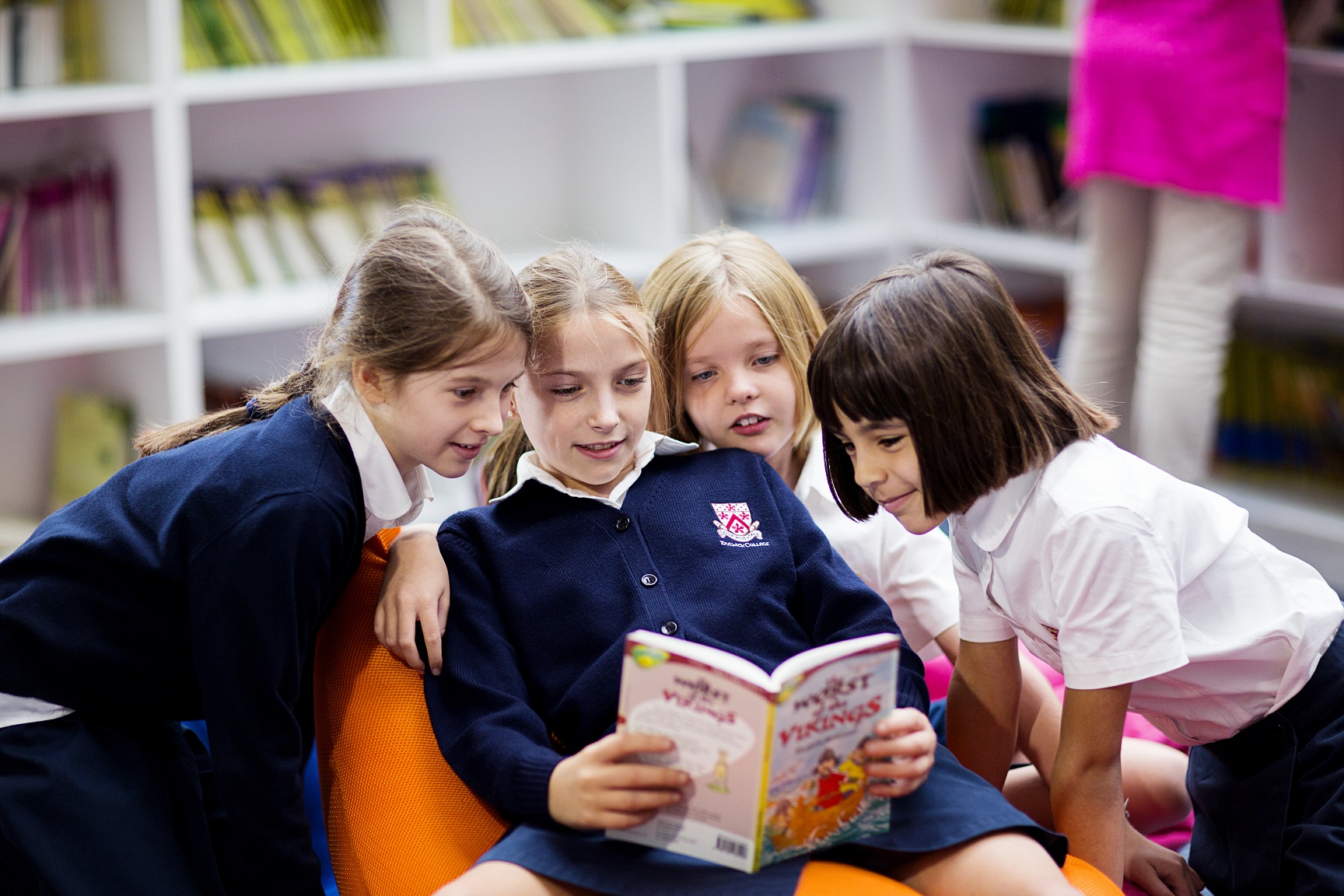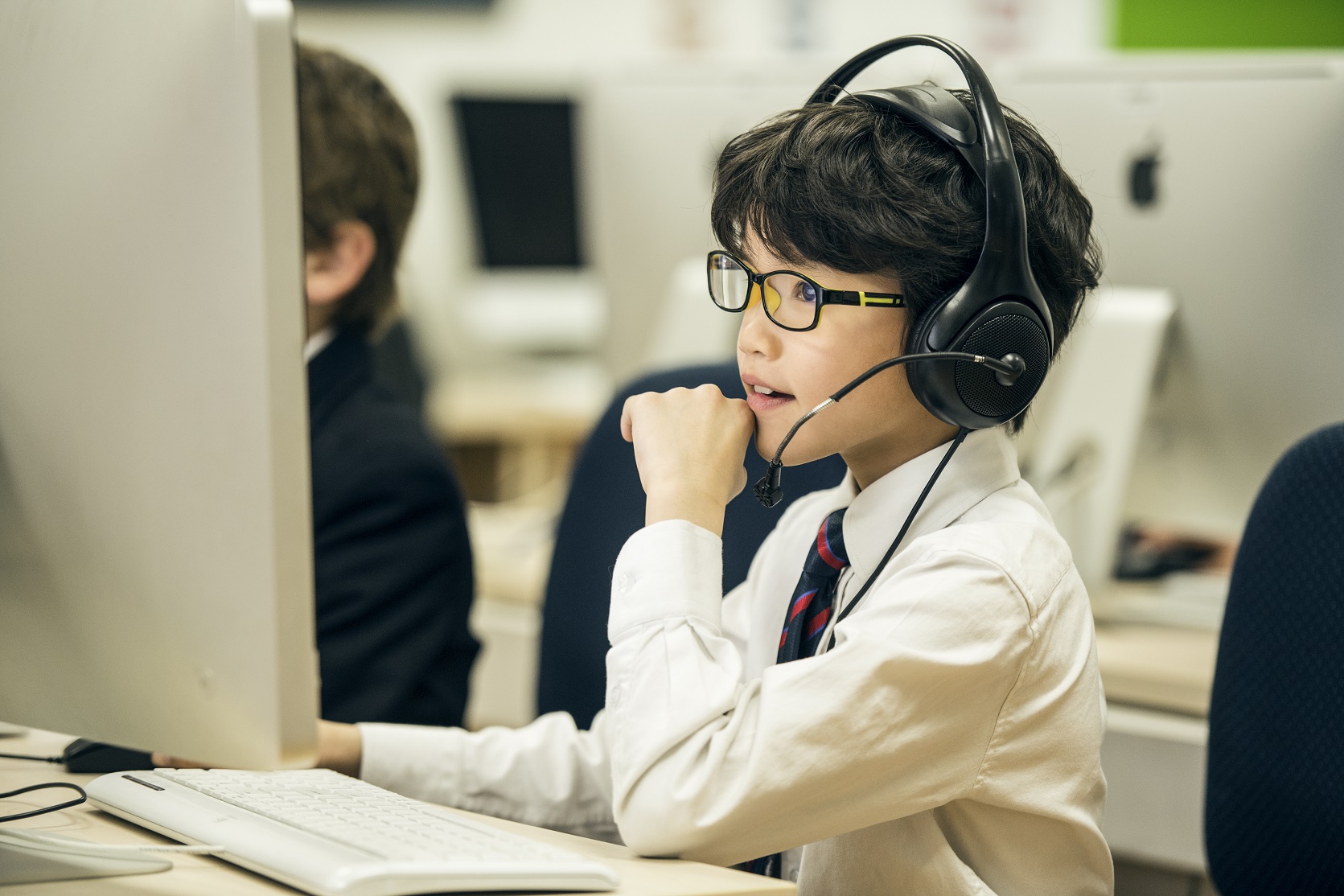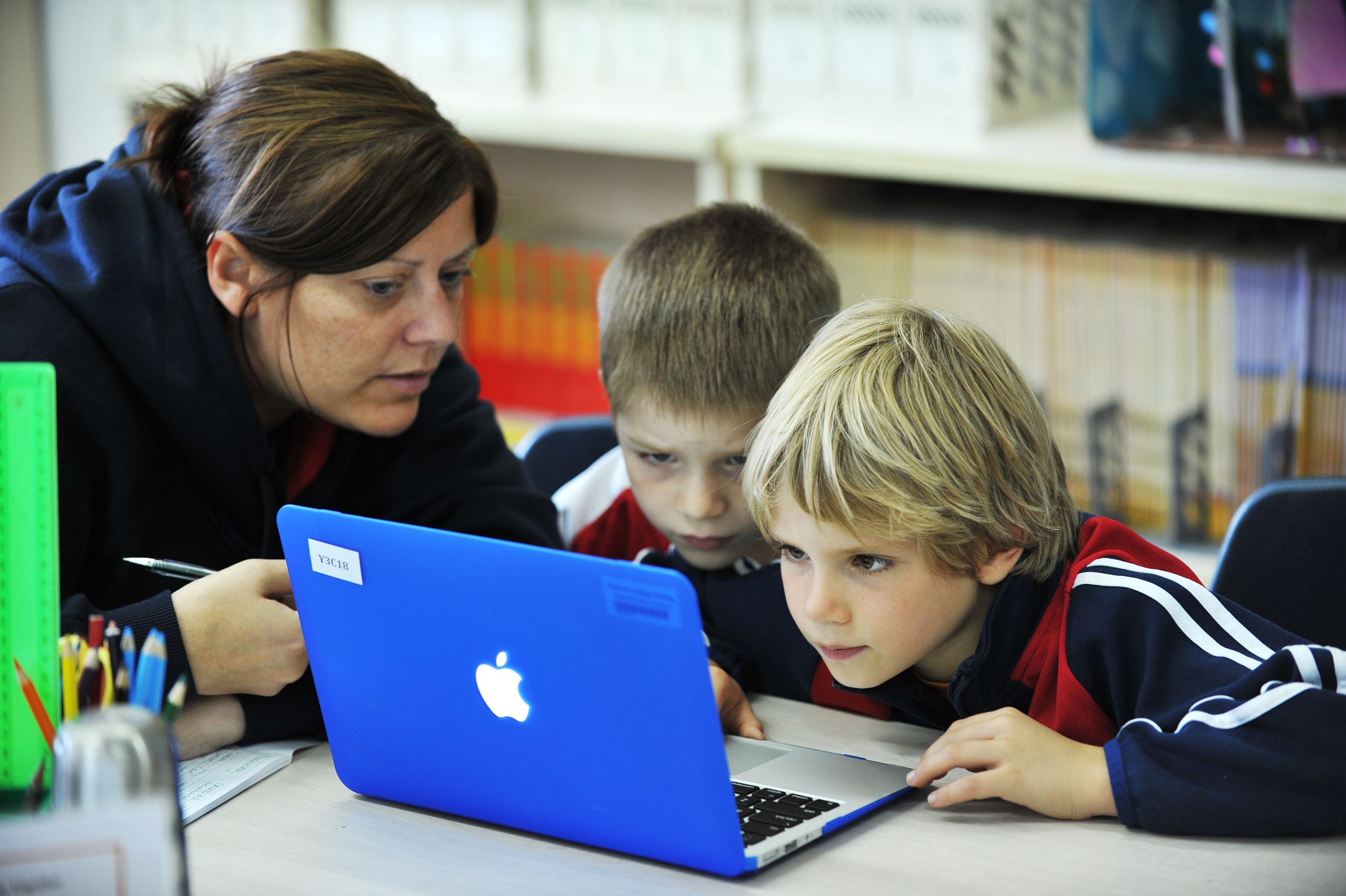Why Less Homework Doesn’t Equal Less Educated Students
If you've noticed that the amount of homework your child receives on a daily basis is significantly less than the workload you received when you were in grade school, you're not alone. Many schools have been reviewing their homework policy over the last few years and replacing the notion of “more is better” with value-based homework practices.
However, educators want parents to know that less homework doesn't equal a less educated student. To further examine this change in education, we talked with Richard McIntosh, Deputy Head of Junior School at Dulwich College Beijing, about how much homework kids should be getting, what meaningful homework looks like, and how you can best support your child's learning after school hours.

Homework should be intentional and add value
So how much homework should kids be doing on average? According to McIntosh, no school could ever come up with an average that every member of the school community would be entirely satisfied with. “It's important to recognize that homework is not just busy work… when homework lacks purpose, that’s the kind of thing that can frustrate students…,” he says. “Homework should be intentional, it should be adding value, [and] value cannot be measured in terms of minutes spent on homework. It's about what skills are being developed and what kids are gaining from it.”
McIntosh notes that if a piece of homework is purposeful, then there should be an appropriate time frame set to complete that task. “Some of the most exciting and creative homework tasks [at Dulwich] are quite open-ended – teachers will set an objective and students will have some agency of how to do that task. There is potential that somebody could spend hours on a small research task so we do set some clear guidelines and the amount of time we would expect them to spend on it, depending on the year group. That means if it's purposeful and adding value and enhancing the experience, it could actually be done within that time frame set in the context of what should be a well-rounded home experience.”

Appropriate homework assignments can build creativity, curiosity, and a love of learning
To give a specific example, McIntosh shares with us a “Learning Log” assignment his son and the rest of Year 5 recently completed at Dulwich. As part of Year 5's studies on “Champions for Change: People who have made a significant impact on the world and promoted change,” students were asked to research someone that they considered a champion of change and present it to their class. The estimated time the school sets for these “Learning Logs” at the Year 5 level is about 30 minutes. He explains, “In theory, you could spend 20 hours on a project like that, but we set guidelines. The focus is not just on facts such as when these people were born, but in this example, how they were leaders of change.” For McIntosh, this assignment is an excellent example of an appropriate, meaningful homework task that allows kids ownership over their learning and develops research and presentation skills.
Another factor that influences the amount of homework given at Dulwich is the school's commitment to its students' well-being. Homework assignments are set in the context that downtime and time for family are also important. “We're not setting a homework task expecting it will take all evening or a weekend,” McIntosh says.

Homework can be a great opportunity for family time
That being said, McIntosh points out that some homework assignments are great activities for family time and partnership between parents and child. At Dulwich, children are expected to read for 10-15 minutes at least three times a week. “Besides being valuable in an educational sense, spending time having your child read to you or reading with your child is quality time,” he says. As a father of two boys, he remembers bonding with his sons over the first books they brought home from school. “Sometimes you might explain a word to your child or sometimes you might see a word you don't know so it's an opportunity to learn together”.
We asked McIntosh what else parents can do to support their child's learning outside of school hours. In general, he believes parents can focus on building curiosity and a love of learning. To take part in furthering their child's knowledge of school subjects, he recommends that parents simply ask their child questions about what they are learning in class and transition the questions into a topic-specific conversation.

As a parent, McIntosh admits that sometimes children claim they “can't remember” what they did in school some days. If your child doesn't remember what they did in school, McIntosh recommends taking advantage of curriculum overview resources schools put out for parents. Parents can use these materials to ask more specific questions instead of asking about the general day. At Dulwich, every few weeks a current topic review pamphlet goes out to each parent so they can follow their child's studies. The pamphlet includes keywords, learning objectives, links to useful websites, and discussion points that parents can use to engage their child further. If your child's school doesn't provide something like this, a simple peek at your child's agenda and some research on your part can also help you to ask more specific questions to jog your child's memory, stimulate their curiosity, and test their understanding in a meaningful way.
The original article, “Why Less Homework Doesn't Equal Less Educated Students” by Lisa Alleyne, was published in March 2019 on www.beijing-kids.com.








